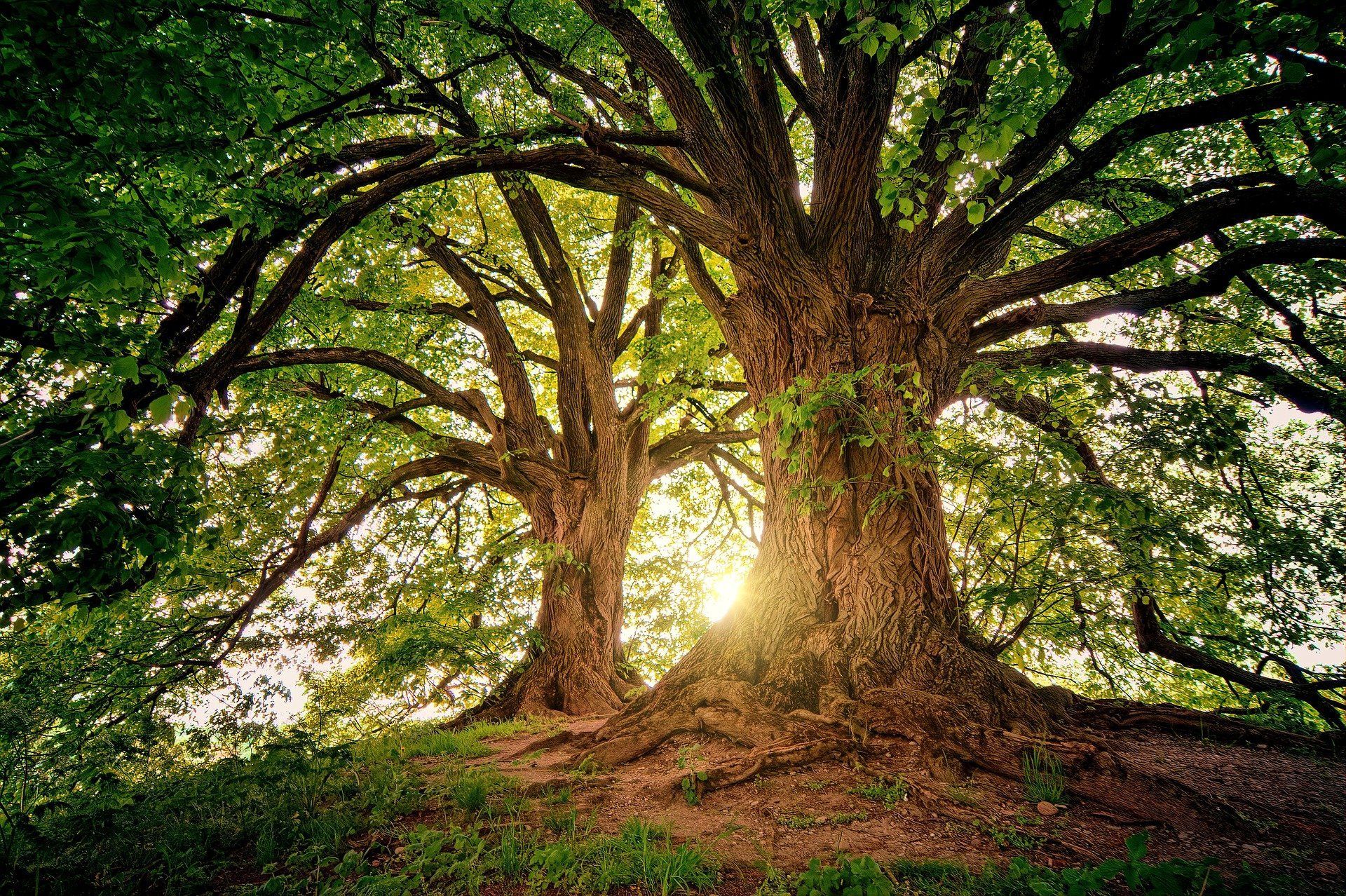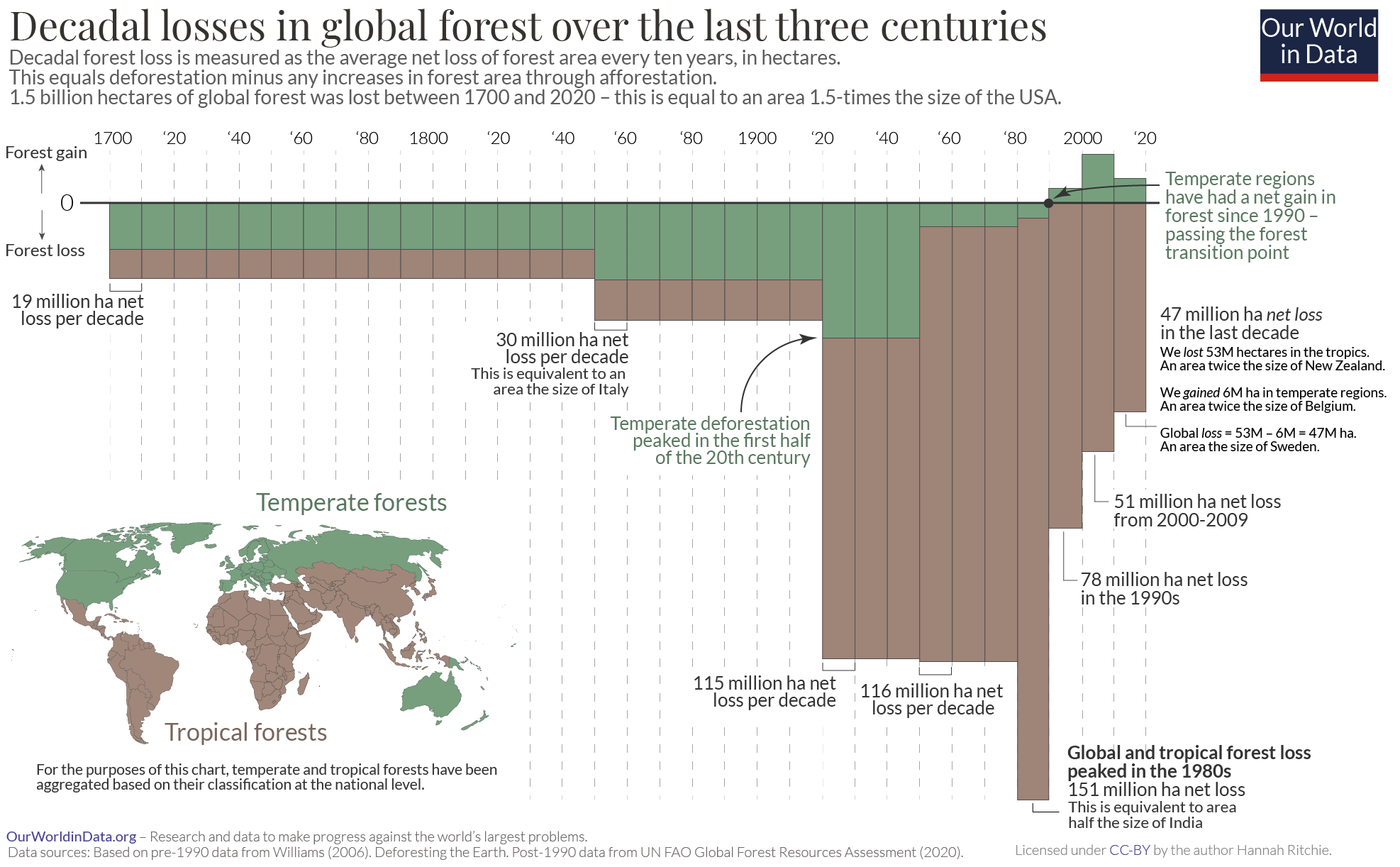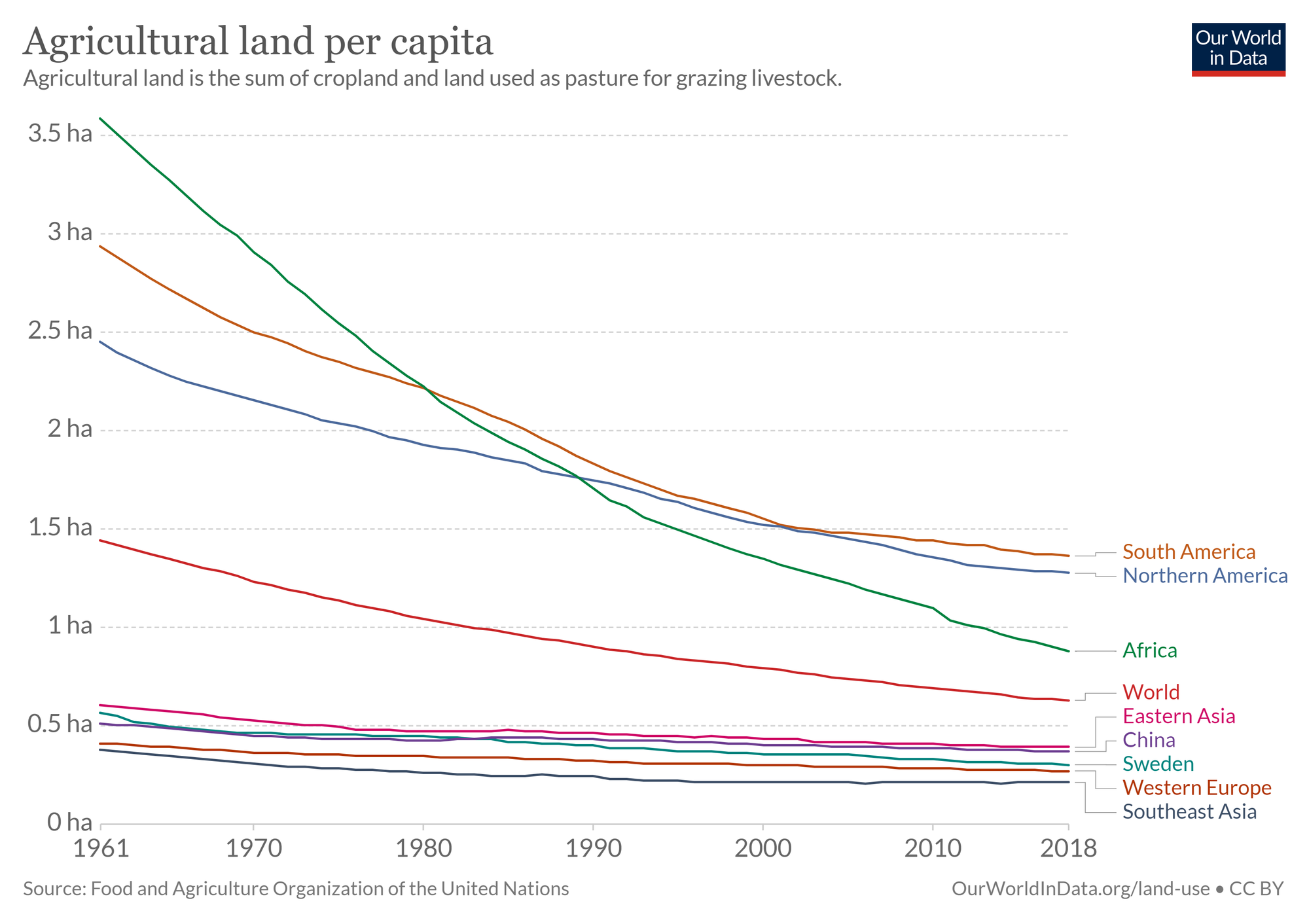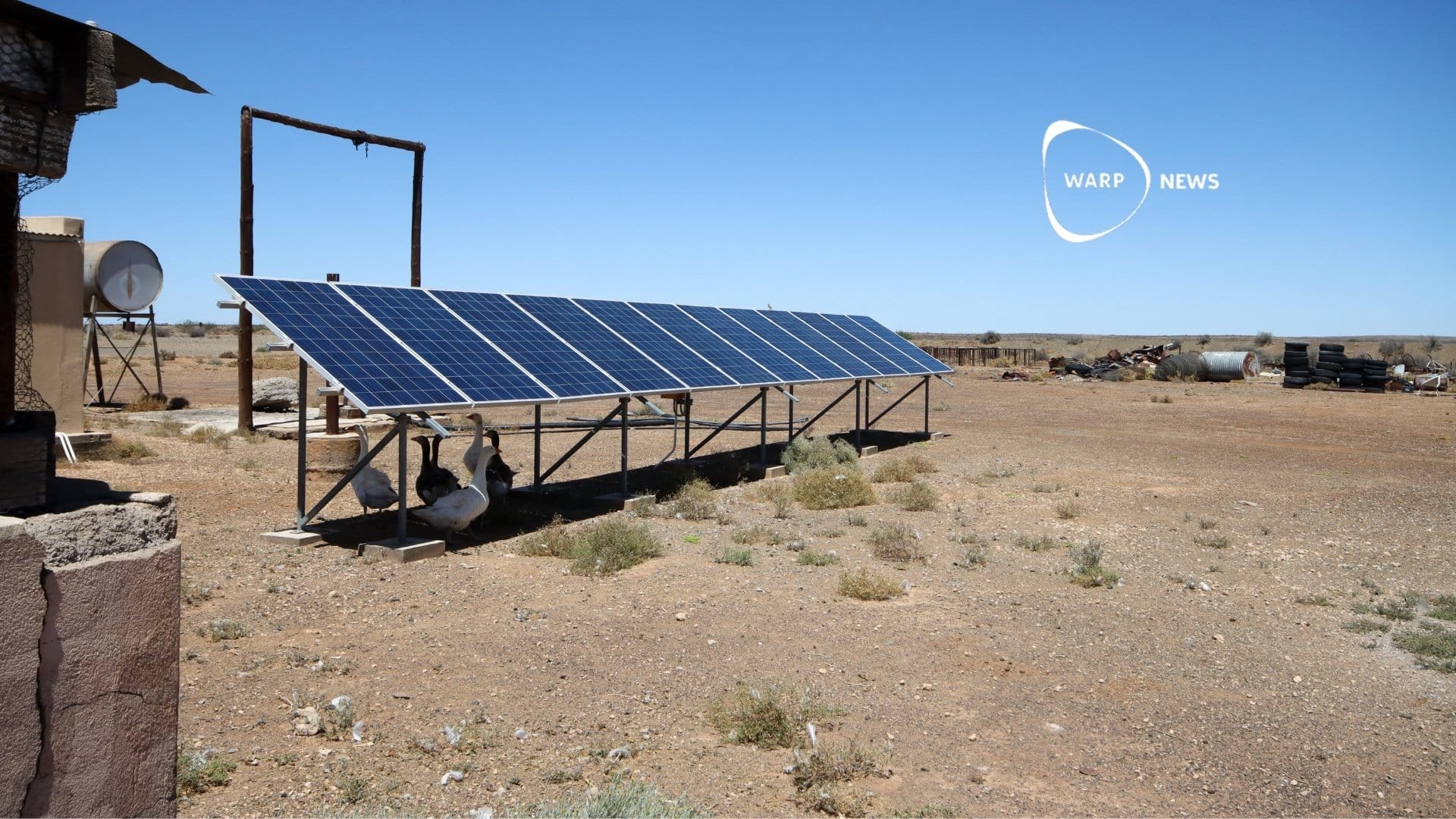
🌲 Deforestation is declining and now the world's forests are starting to get bigger again
More efficient agriculture reduces the need for agricultural land and also reduces deforestation.
Share this story!
Since the last ice age, a third of the world's forests have disappeared due to human activities. The worst was in the 1920s and 1980s, when on average an area corresponding to the whole of South Africa was deforested every decade. But after the 1980s, deforestation has decreased and now more forest is growing in many places in the world, according to figures compiled by Our World in Data.
In the 1980s, when deforestation was at its worst, we lost 150 million hectares in a decade. In the last decade, that figure was down to 47 million hectares.
A huge improvement, even though we are still losing a lot of forest. And it looks even better for the future. In the last 30 years, the trend has been towards more forests in the world. It is felt primarily in temperate forests, which are found in the northern hemisphere. Those forests have grown by six million hectares in the last decade.

The tropical forests are more difficult, but even here deforestation has decreased significantly since the 1980s. It is mainly innovations in agriculture that make Our World in Data believe that we have an honest chance to completely stop deforestation and instead start recreating the world's forests.
A key to succeeding in this is, as I said, that we are investing in reforming agriculture and investing in innovations in that area. By far the biggest reason for deforestation is that we need land for our agriculture . This has been the case since we started cultivating the land to this day.
Despite the fact that we have become many billions more, cities and villages take up only one percent of the earth's habitable area. Agricultural land, on the other hand, takes up 46 percent.
The increase in population in itself does not mean that we need to cut down more forest. Instead, it is the need to feed more people that is the problem. But here new technology can reverse the trend. More efficient cultivation methods and the possibility of replacing much of the meat and dairy production with plant-based alternatives and meat grown in laboratories can drastically reduce the need for agricultural land.

We have seen that the area needed to feed a person has decreased around the world over the past 50 years. That trend can become even stronger with new technology, which gives good hope that we can stop a development that has been going on for 10,000 years.
By becoming a premium supporter, you help in the creation and sharing of fact-based optimistic news all over the world.


